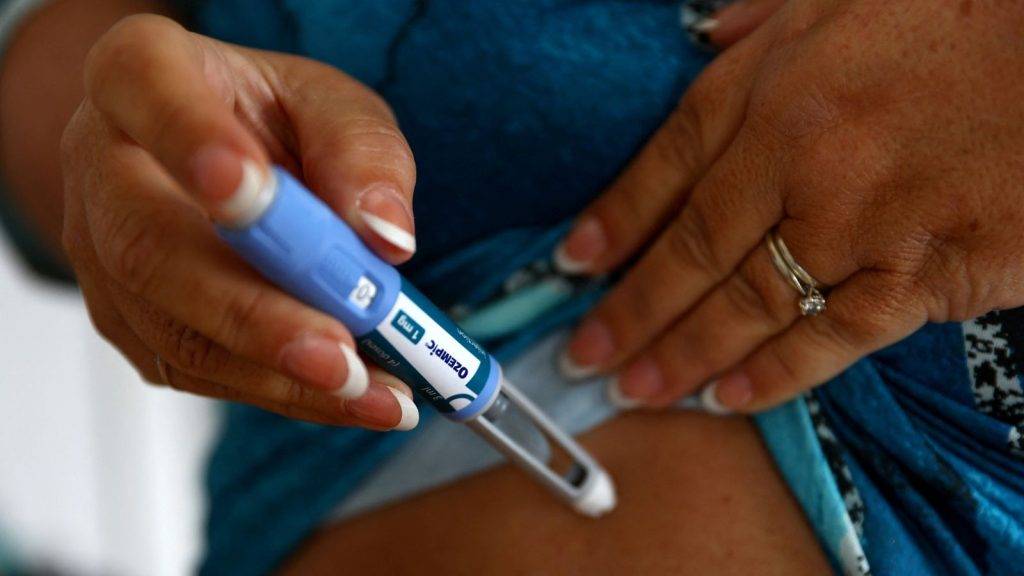Cliff Notes
- Recent research indicates that weight loss injections, specifically GLP-1 receptor agonists, may offer protective effects against cancer, beyond their weight loss benefits.
- The study highlights that being overweight or obese accounts for over one in 20 cancer cases in the UK, suggesting a significant public health concern.
- Researchers caution that while findings are promising, the study’s observational design limits definitive conclusions about the relationship between these therapies and cancer risk.
Weight loss jabs could almost halve risk of obesity-related cancers beyond slimming down, study suggests
Weight loss injections could help prevent cancer beyond helping people slim down, new research suggests.
She added: “We do not yet fully understand how GLP-1s work, but this study adds to the growing evidence showing that weight loss alone cannot completely account for the metabolic, anti-cancer, and many other benefits that these medications provide.”
Being overweight or obese is the second biggest cause of cancer in the UK, causing more than one in 20 cancer cases, according to the NHS.


